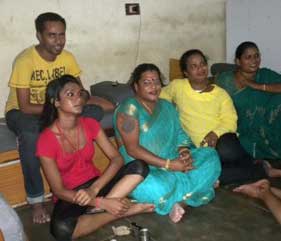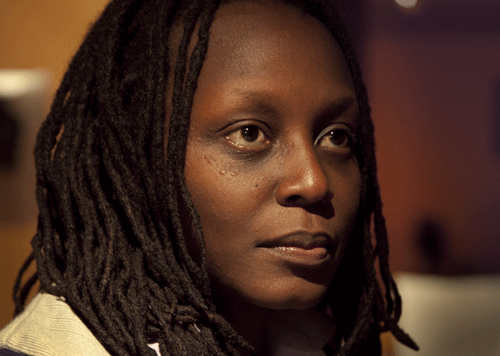Seeking change for LGBTs in India, South Africa, Uganda
Colin Stewart is a 45-year journalism veteran. He is the…
Here are links to noteworthy recent coverage of issues related to treatment of LGBT people in countries where homosexuality is illegal, and elsewhere:
From India: Sexual Minorities and the Gender Agenda (blogs.worldbank.org)

“India’s estimated 700,000 hijras, or transgender women, generally get little or no schooling, their families often reject them, and they join marginalized and feudal communities where their employment options are sex work or ritualized begging. …
If the [World Bank] is to fulfill its mission to end poverty, it must reach everyone – women and men, gay and straight, transgender and hijras. Eventually, the Bank will have to confront these issues. Why not start now?”
Enforcement of anti-homosexuality laws in India is currently on hold, pending court action.
Violated Hopes: A nation confronts a tide of sexual violence — Letter from South Africa (New Yorker)
“Since 1998, at least thirty-one lesbians have been killed in attacks that were motivated by their sexual orientation and many of which began with corrective rape. Few arrests have been made.
“Members of South Africa’s L.G.B.T. community encounter widespread discrimination, even though the country’s constitution was the first in the world with a clause explicitly forbidding discrimination on the grounds of sexual orientation. The language was included in the 1996 Bill of Rights, introduced two years after the transition from apartheid rule to democracy, and intended to address South Africa’s history of prejudice and legally enshrined segregation.
“But, with few policies in place to reduce high levels of poverty and inequality, hostility toward “difference” has barely slackened, and crimes against gays, and women, have increased.”
[Subscription or payment required to read more than the abstract of the article.]Could an African LGBT Activist Win the Nobel Peace Prize? (thedailybeast.com)

“Could a gay-rights activist win the Nobel Peace Prize? It hasn’t happened yet, but this year could be the tipping point. Last month, when the prize committee prepared its top-secret short list of possible candidates, it chose from a pool that included the names of several activists submitted for consideration. What’s interesting is that the names are not those of Europeans or Americans, but Africans.
“Why? Because activists from Africa are on the front lines in a way few of their compatriots elsewhere are. …
“Two such activists are Frank Mugisha and Kasha Jacqueline Nabagesera in Uganda. Both are living in peril, afraid for their lives in the shadow of Kato’s murder. They have been honored before—Mugisha with the RFK Award, Nagabesera with the Martin Ennals Human Rights Defenders Award—but many believe that a Nobel Peace Prize would be a huge step forward for this increasingly global movement.”


